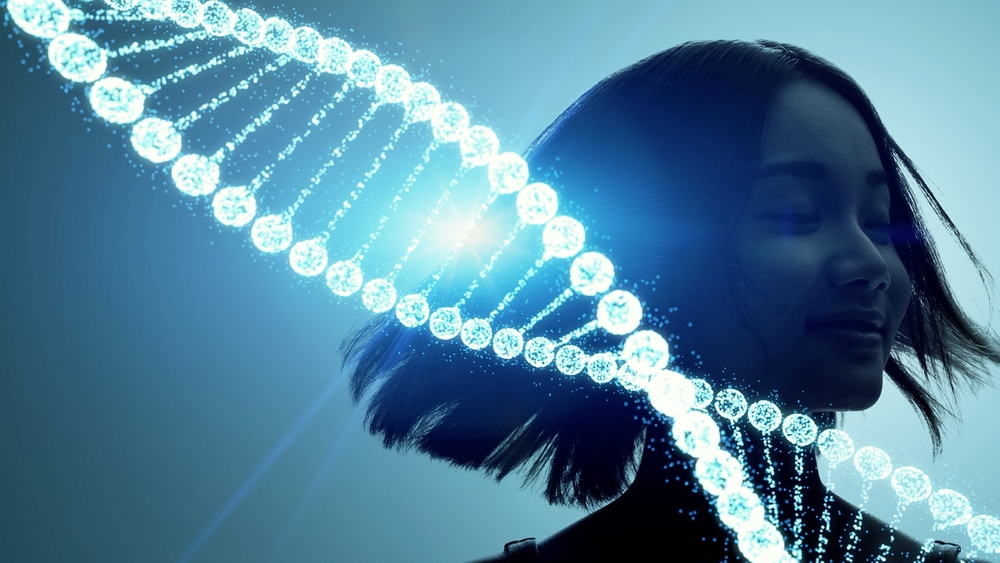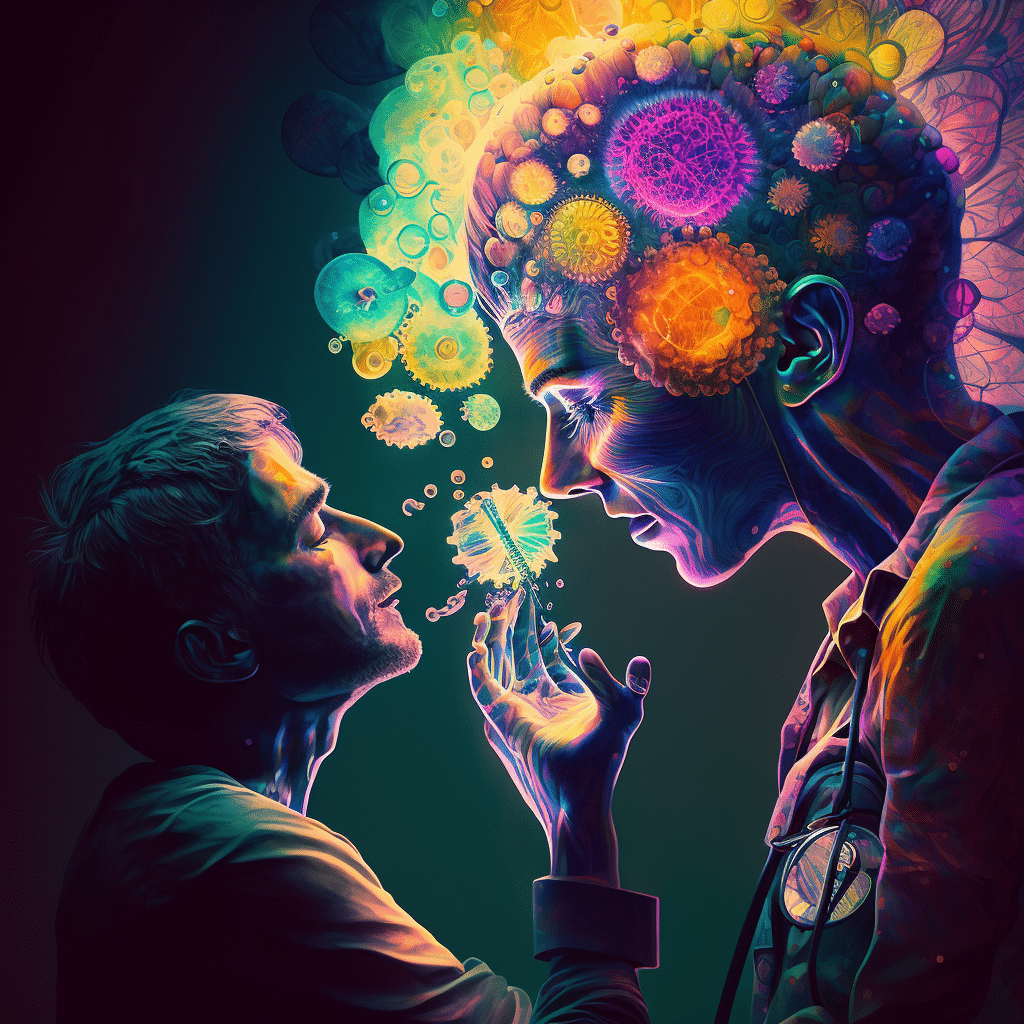Breakthroughs in Alcohol Addiction: The Latest in Treatment for AUD
Alcohol misuse is one of the leading causes of preventable deaths in the United States. According to the CDC, about 178,000 people die from excessive use each year. These deaths happen from either drinking too much on one occasion or alcohol addiction, where you end up drinking alcohol over the course of several years.
Of these deaths, two-thirds were from chronic conditions which develop from consuming alcohol over time. These include several types of cancer, liver disease, heart disease, and alcohol use disorder. The other one-third were from binge drinking – which increases the risk of alcohol poisoning, car accidents, death by suicide, and alcohol-involved drug overdoses.
Alcohol use disorder, or alcoholism, happens when you can’t stop drinking even when you know that drinking affects your health, puts your safety at risk, and damages your relationships with friends and family members. AUD can be mild, moderate, or severe – and different treatment options exist to stop alcohol use and improve quality of life. We’ll explore the latest in treatment for AUD in this post.
The Evolution of Alcohol Addiction Treatment
For centuries, society has struggled to manage alcohol addiction. Early treatments mostly relied on abstinence, support groups, and faith-based interventions, with Alcoholics Anonymous (AA) emerging in the 1930s as a prominent program for those aiming to stop drinking.

Over the decades, we’ve seen the integration of therapeutic approaches like behavioral therapy, which focuses on identifying and changing harmful thought patterns. However, while valuable, these traditional methods have not always been effective for everyone with AUD. Today, with advancing science, treatment for AUD is becoming more targeted, offering new hope for those battling this condition.
Modern Advances in Treating Alcohol Use Disorder
Recent scientific breakthroughs have led to innovative treatments, each aiming to address the complexities of alcohol dependence. From new medications to emerging therapies, let’s look at the cutting-edge treatments reshaping recovery.
Medications and New Pharmaceutical Options
Medications like naltrexone, acamprosate, and disulfiram, approved by the Food and Drug Administration (FDA), have been used to help people stop drinking by reducing cravings or creating aversive reactions to alcohol. Yet, these medications have varied results, often depending on individual factors like genetics and co-occurring mental health conditions. New drugs are now being tested in clinical trials to increase success rates and reduce side effects.
Gene Therapy: Targeting the Brain’s Reward Pathways
Gene therapy is an exciting new approach for treating AUD, particularly in cases where other methods haven’t worked. This treatment involves targeting the brain’s “reward system”—the part of the brain that’s linked to cravings and pleasure. When you drink alcohol, your brain releases dopamine, a “feel-good” chemical, which creates a rewarding feeling that can lead to addiction over time.
In gene therapy, scientists inject a particular molecule into specific brain areas to help “reset” this dopamine pathway. This molecule stimulates cell growth in areas linked to alcohol dependence, reducing the brain's urge to drink. The gene therapy that researchers use for AUD is the same one that’s used in Parkinson’s disease and may help reset the brain’s dopamine reward pathways and lower the intense cravings that make it difficult for people to stop drinking.
Gene therapy is still in the clinical trial phase, meaning it’s primarily available in research settings. Since it involves brain surgery, it’s only being tested for people with the most severe cases of AUD. Yet, the early results are promising—gene therapy may offer hope for those who struggle with the toughest withdrawal symptoms and alcohol dependence.

Repetitive Transcranial Magnetic Stimulation (rTMS)
Repetitive transcranial magnetic stimulation, or rTMS, is a non-invasive treatment that uses magnetic pulses to stimulate specific brain areas. In the case of alcohol addiction, these magnetic pulses can help reduce cravings by influencing the brain’s reward and addiction pathways.
During an rTMS session, a device is placed near the scalp, creating magnetic fields that pass through the skull to reach the brain. This process is painless, and many people find it convenient since it doesn’t require medications or invasive procedures.
Studies have shown that rTMS can lower alcohol consumption by changing the way the brain responds to cravings, making it easier for people to avoid drinking. If you’re looking to avoid medications or you’ve not found success with other methods, rTMS could be a great option.
Cognitive-Behavioral Therapy (CBT)
Cognitive-behavioral therapy, or CBT, is one of the most trusted methods for treating alcohol addiction. Unlike traditional talk therapy, CBT is action-oriented—it’s designed to help you recognize and change the thoughts and behaviors that keep you stuck in patterns of drinking.
In CBT sessions, you work with a therapist to figure out what triggers your cravings, understand why you turn to alcohol and learn practical skills to respond differently in those moments. It’s a hands-on approach, giving you strategies to use in real-life situations, even after therapy ends.
CBT is also incredibly flexible. It can be paired with medications, mindfulness practices, or other therapies, making it an excellent fit for creating a well-rounded treatment plan. Because it’s backed by years of research, you can feel confident knowing this approach has helped many people break free from addiction and build healthier habits for the long term.

Psychedelic-Assisted Therapy: Psilocybin and New Horizons
Another promising development is psilocybin, the active compound in magic mushrooms. Researchers are exploring how it might help reduce heavy drinking, and the results are impressive.
In a recent double-blind clinical trial at NYU Langone Health, people with alcohol use disorder who received psilocybin-assisted therapy showed an 83% reduction in heavy drinking compared to a 51% reduction in those who received a placebo. These results suggest that psilocybin could play a key role in treating alcohol addiction by altering the brain’s reward system and reducing cravings.
While it’s still an emerging area of study, these findings are encouraging. Psilocybin could eventually become a powerful tool for people struggling with alcohol addiction, especially when used in a supportive, therapeutic setting.
Holistic Approaches: Mindfulness, Nutrition, and Whole-Person Care
Treating AUD often requires more than just addressing the physical aspects of substance use disorder; a holistic approach that includes mindfulness practices and nutritional support is becoming more common in recovery plans. Mindfulness practices, like meditation and yoga, can help you become more aware of your triggers and manage cravings as they come up. It’s all about building mental resilience and finding calm in moments when you might typically turn to alcohol.
There’s a lot of exciting progress happening in alcohol addiction treatment right now. At More Than Rehab, we’re always keeping up with the latest in addiction treatment. That way, we can ensure our patients get the best, research-backed care out there. If you or someone you know is ready to make a change, you can trust that we’re here with the most effective tools and support to help make lasting sobriety a reality.


